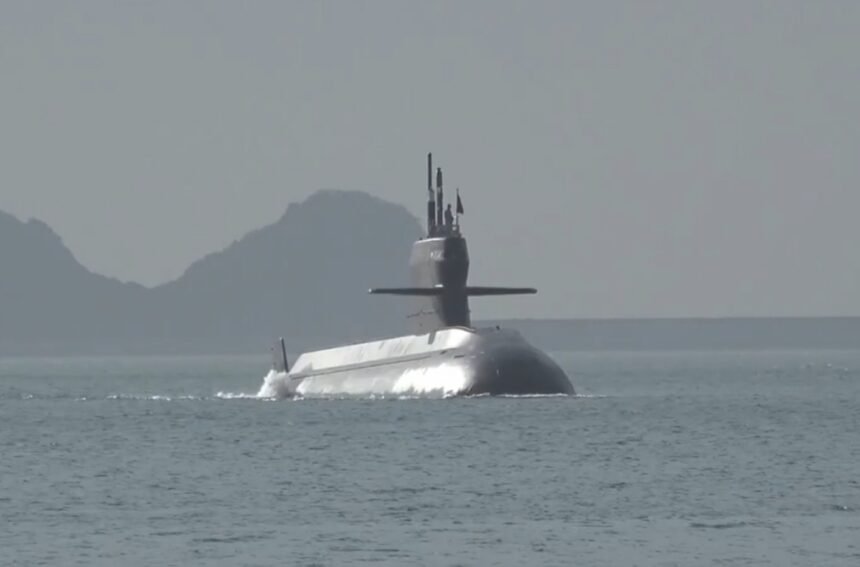Summary by Geopolist | Istanbul Center for Geopolitics
The report, Strengthening Resilience in Taiwan, explores the critical need for Taiwan to bolster its resilience across various domains in light of mounting threats from the People’s Republic of China (PRC) and other challenges. Taiwan’s geopolitical importance stems from its status as a global leader in semiconductors and a strategic player in the Indo-Pacific, making it a focal point of Chinese ambitions and U.S. interests. The report defines resilience as the capacity to resist, mitigate, and recover from disruptions, which in Taiwan’s case includes potential military threats, cyberattacks, and economic coercion.
Taiwan faces a growing array of threats, with the most acute being the potential for military action by the PRC. This includes not only the risk of direct invasion but also blockades and gray zone tactics such as cyberattacks and disinformation campaigns. Economically, Taiwan’s near-total dependence on energy imports—97% of its energy needs—leaves it highly vulnerable to external disruptions. The phase-out of nuclear energy compounds this risk, particularly as the country’s reliance on hydrocarbons remains high. Taiwan’s communication infrastructure is another area of vulnerability. The island depends heavily on undersea cables for connectivity, making them a potential target for sabotage, which could severely disrupt internal and external communications. Moreover, Taiwan’s digital infrastructure is persistently targeted by cyberattacks, highlighting the urgent need to strengthen cybersecurity defenses and build a more capable workforce in this area.
Despite its strengths, Taiwan exhibits several gaps in resilience that must be addressed. Civil defense remains underdeveloped, with limited public awareness or preparation for potential crises. Coordination across government agencies and between the government and private sector is insufficient, which weakens Taiwan’s ability to respond effectively to multifaceted threats. Although Taiwan has forged partnerships with the United States and other nations, its diplomatic isolation limits the scope of its international collaboration, particularly in areas critical to resilience.
The report emphasizes the need for Taiwan to increase public awareness and civil defense measures. It suggests that greater transparency about the PRC’s threat could mobilize public support for resilience initiatives. Establishing civil defense education programs could also enhance societal preparedness and empower citizens to respond effectively during crises. Energy security is another priority area. Taiwan’s reliance on energy imports calls for a diversification of its energy mix. The report highlights the potential benefits of extending the operational life of nuclear power plants and exploring new technologies such as small modular reactors (SMRs), which could offer a stable and low-carbon energy source. Decentralizing the power grid by integrating renewable energy sources and microgrids is also recommended to improve energy resilience.
Cybersecurity is a cornerstone of resilience in Taiwan. To address persistent cyber threats, the report advocates for significant investments in advanced cyber defense technologies and workforce training. Strengthening international collaborations in cybersecurity is crucial, particularly as Taiwan navigates its diplomatic constraints. The private sector also has a critical role to play. Establishing a Resilience Advisory Board could foster collaboration between the government and industries, ensuring that the private sector is adequately prepared for crises. Training programs for private sector leaders could further enhance crisis management capabilities.
International collaboration remains vital for Taiwan’s resilience. The report underscores the importance of expanding partnerships not only with the United States but also with other countries in the Indo-Pacific and beyond. Innovative frameworks such as the Global Cooperation and Training Framework (GCTF) could serve as platforms for Taiwan to engage in areas such as supply chain security, disaster preparedness, and countering disinformation.
Strategic communication is another essential element. Developing a centralized public communication platform could help counter misinformation and foster public trust. Harmonizing messaging across government agencies is necessary to maintain a unified and effective narrative during crises.
The report draws lessons from countries like Ukraine and Finland, which demonstrate the value of societal and infrastructural preparation in resisting aggression. It argues that resilience is not just about deterring immediate threats but also about ensuring long-term survival. By addressing vulnerabilities in its civil defense, energy security, cybersecurity, and international collaboration, Taiwan can significantly enhance its ability to withstand external pressures. This comprehensive approach would not only deter aggression but also secure Taiwan’s democratic and economic future in an increasingly complex and contested geopolitical landscape.
Read more here.







